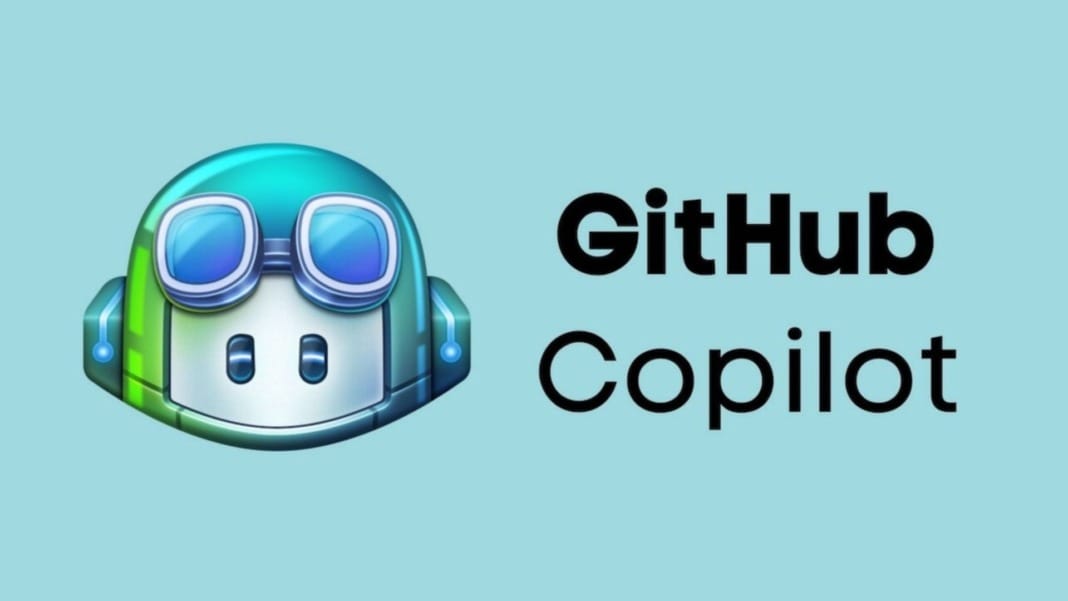GitHub is expanding the capabilities of Copilot, its AI-driven code completion tool, to support developers in the initial stages of software development. This new initiative, named GitHub Copilot Workspace, aims to streamline the early phases of project setup by reducing the time spent sifting through existing code and documentation.
GitHub Copilot Workspace, currently in technical preview for a select group of developers on a waitlist, is set to revolutionise how projects are initiated. Integrated directly into GitHub repositories or libraries, this service allows developers to input their project intentions. In response, Copilot Workspace generates actionable suggestions to kickstart the development process, providing a guided, step-by-step framework that developers can customise and execute.
Jonathan Carter, the head of GitHub Next, emphasised the transformative potential of integrating Copilot at the project’s onset. While Copilot has proven invaluable during the mid-stages of development, its utility at the start has been limited until now. By automating the initial setup, developers can dedicate more time to actual coding, bypassing the cumbersome task of interpreting extensive codebases and documentation.
Moreover, Copilot Workspace excels at analysing and understanding older codebases quickly, outpacing traditional methods of reading and digesting written documentation. This efficiency is pivotal for revisiting and updating legacy systems, making the tool a significant asset for maintaining and enhancing existing software.
Since its introduction, GitHub Copilot has set a new standard in AI-assisted coding, influencing how new AI models are evaluated and developed. With giants like Microsoft and Meta introducing their own AI models tailored for coding tasks, the landscape of software development continues to evolve rapidly. GitHub’s initiative not only enhances its own platform but also pushes the envelope on what AI can achieve in the tech industry.





